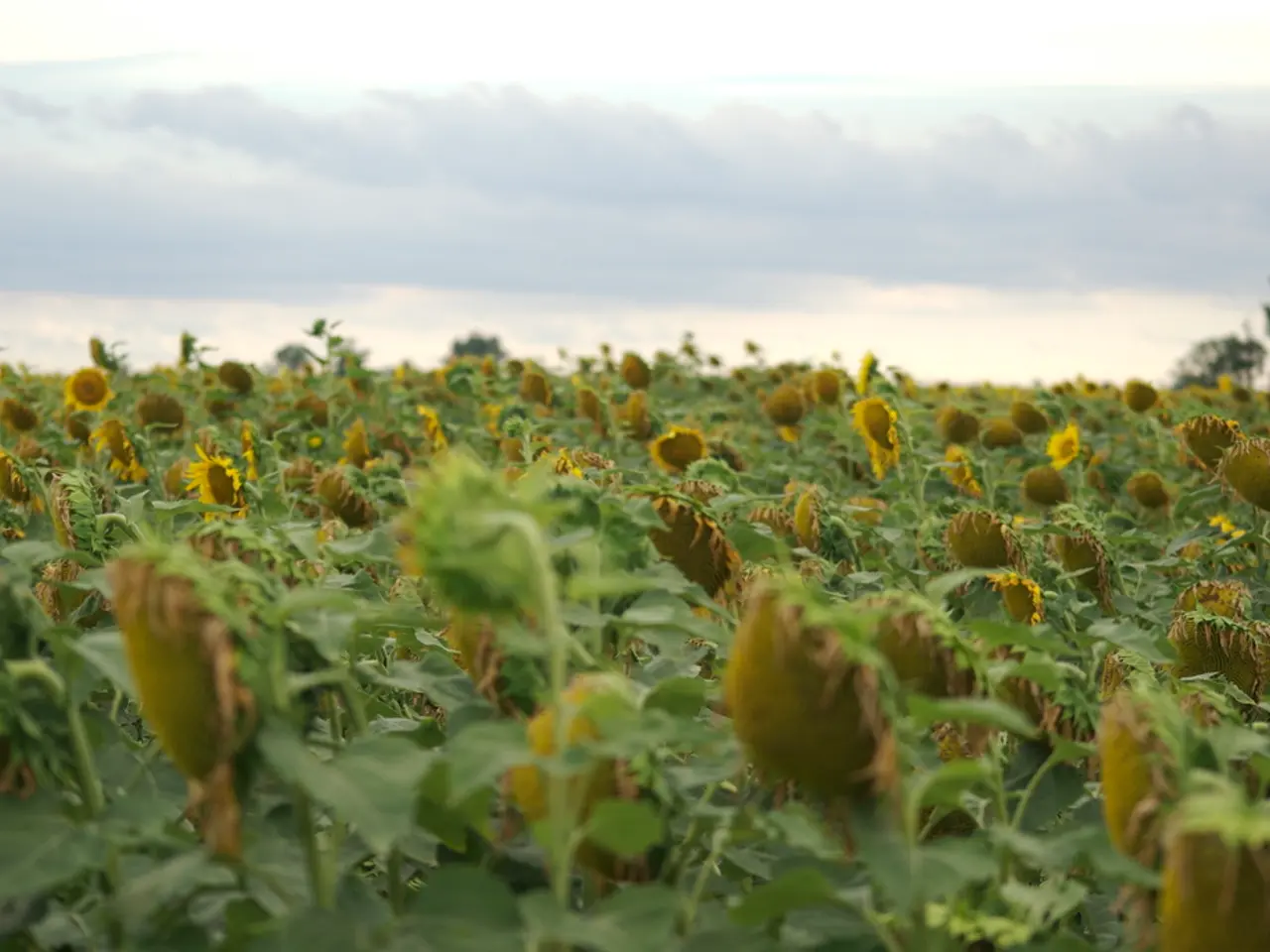Thriving Urban Farm Yields Benefits for Neighborhood and Environment
In an underserved area of Washington, D.C.'s Ward 7, the East Capitol Urban Farm has taken root, covering a three-acre site near the Capitol Heights Metro Station. The city's largest-scale urban farm is designed to be a model for community revitalization, stormwater management, and access to fresh produce and fish.
The project received a significant boost with a $60,000 grant from the EPA's Clean Water Act Section 319 funds, earmarked for the creation of green infrastructure at the farm's primary entry. This green infrastructure includes approximately 2,200 square feet of plantings, 1,650 square feet of porous brick pavers, and educational signage explaining the importance of stormwater management and how concepts at the site can be adapted for private yards and other locations.
The farm's green infrastructure is just one part of a broader vision. It will include community garden space, a farmer's market, public art, nature discovery space for children, a portable aquaponics system for raising fish, pollinator gardens, interpretive trails, rain gardens, and other environmental touches. Hundreds of volunteers, including EPA's Jeff Corbin, spent a recent Saturday helping to build the site and cut a ribbon for the unique project.
The Urban Waters Federal Partnership, a collaborative effort between local, state, and federal partnerships, was instrumental in the project's inception. Partners in the project include the District of Columbia Building Industry Association, the University of the District of Columbia, the District of Columbia Housing Authority, several D.C. government agencies, community organizations, businesses, and the Metropolitan Memorial United Methodist Church.
East Capitol Urban Farm plays a significant role in community engagement, as evidenced by successful events like Ward 7 Food Equity Day. The farm actively seeks volunteers for tasks like weeding and harvesting, indicating a strong community involvement and reliance on local support. It also offers educational opportunities for urban farmers, which can contribute to building a more sustainable and knowledgeable community.
The farm likely contributes to improving food access in Ward 7, enhancing food security and equity in the area. However, specific information on how East Capitol Urban Farm impacts stormwater management is not readily available. Urban farms typically contribute to stormwater management by using practices that reduce runoff and improve soil absorption. The farm's educational signage and green infrastructure suggest a commitment to sustainable practices.
EPA Administrator Gina McCarthy stated that the East Capitol Urban Farm exemplifies the Urban Waters Federal Partnership's work in addressing community priorities. The project aims to improve job development, provide more green space, and enhance public health in the community.
For further information on the East Capitol Urban Farm, potential partnerships, funding, and its impact on the community and stormwater management, interested parties may contact Catherine King, Office of State and Watershed Partnerships, U.S. EPA Region 3 Water Protection Division, 1650 Arch Street, Philadelphia, PA 19103.
- The EPA's grant for green infrastructure at the East Capitol Urban Farm enhances its capabilities in stormwater management, offering educational signage to explain the importance of this concept and demonstrating how it can be adapted for home-and-garden settings.
- As the project progresses, the East Capitol Urban Farm will not only provide community garden space, fresh produce, and environmental educational opportunities, but also contribute to lifestyle improvements by implementing sustainable practices in its home-and-garden-like setting, promoting environmental-science principles.




